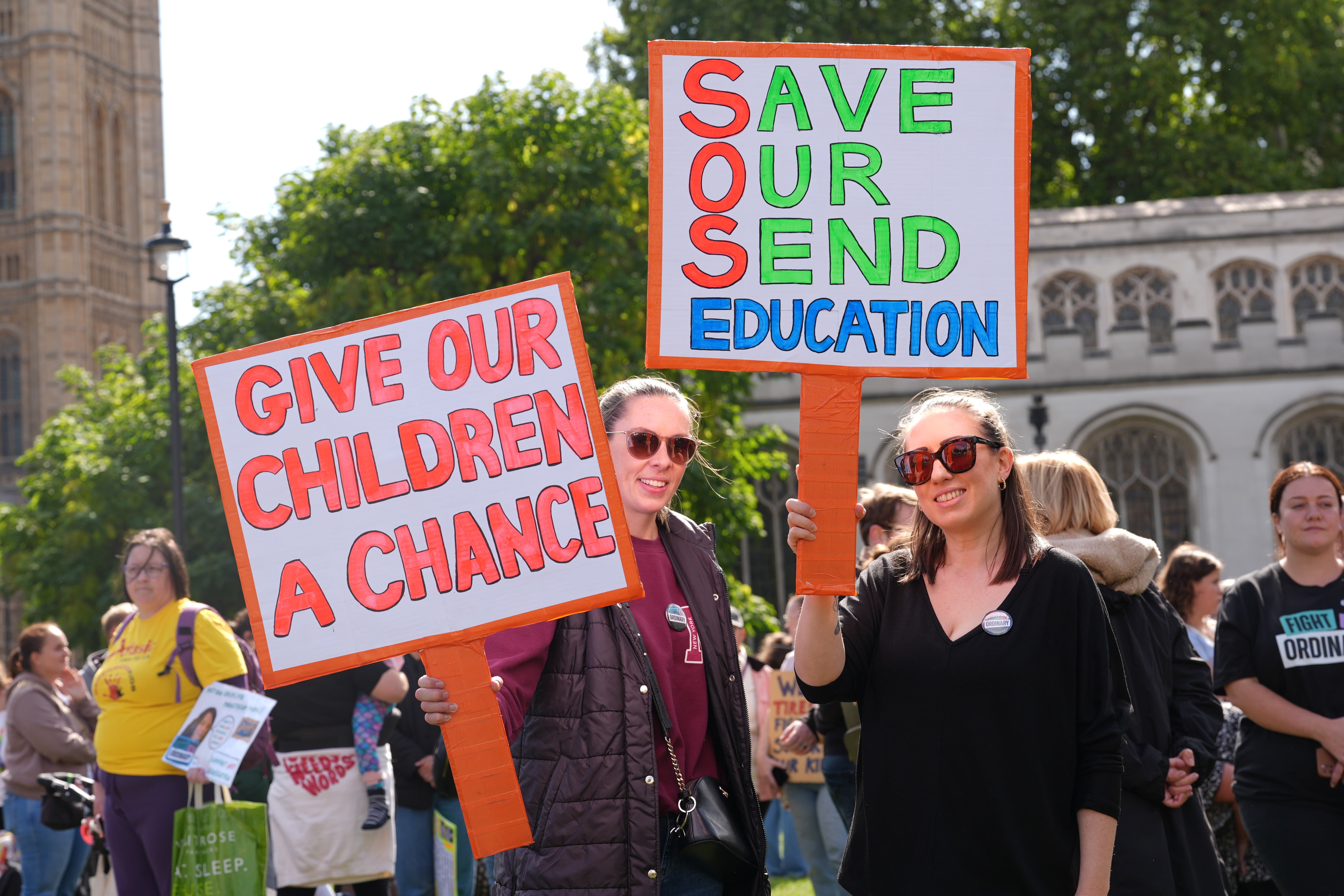Spending on special educational needs and disabilities (Send) is projected to surpass the Ministry of Justice’s day-to-day budget by 2029 unless significant reforms are implemented, the Institute for Fiscal Studies (IFS) has warned.
Researchers forecast that combined expenditure on education, health and care plans (EHCPs) and a cash benefit for disabled children could reach £21 billion by the end of the parliamentary term.
This figure represents more than double the real-terms spending recorded in 2016.
Economists cautioned that the escalating costs associated with children requiring high needs could subsequently translate into increased spending for young adults with similar requirements.
The IFS specifically predicts that spending on high needs within schools, predominantly for EHCP support, would exceed £15 billion, thereby surpassing the Ministry of Justice’s entire daily operational budget.
Furthermore, child disability living allowance (CDLA) spending is expected to climb to £6 billion by 2029.

Darcey Snape, research economist at the IFS and author of the chapter, said: “An increasingly large share of young people are getting targeted educational and cash support to help them with special educational needs or disabilities.
“There is worryingly little evidence on what forms of support deliver the best outcomes for these young people now and into the future.
“A clear risk is that the big increases in spending on children will be followed by higher spending on young adults.”
One in 20 (5.2 per cent) pupils under 16 in England now have an EHCP, the IFS said, a proportion that has almost doubled from 2.7 per cent over the last decade.
Meanwhile, one in 14 (7.2 per cent) children receive CDLA, up from 3.4 per cent a decade ago.
There is worrying evidence that children with EHCPs or who receive CDLA experience poorer outcomes as they become adults, the IFS said.
Of 15-year-olds who received both forms of support in 2014, half were not in education, employment or training at age 22, and three in four were receiving adult disability benefits.
Researchers at the IFS said it is important that the Government considers the impact of any reforms to the Send system on outcomes in adulthood.
As well as reforms to the Send system in schools, there is a “strong case” for CDLA being reviewed, Ms Snape added.
Pepe Di’Iasio, general secretary of the Association of School and College Leaders, said: “The truly shocking thing is that despite this increase in spending we are still left with a system that is failing to cope with the needs of these children and young people.
“Schools do not have sufficient funding and resources, assessments are commonly delayed, and families are left desperate and frustrated by the gaps in the system.”

Both Mr Di’Iasio and general secretary of school leaders’ union NAHT Paul Whiteman said the Government’s plans to support Send reform must be backed with sufficient funding and access to specialist support and early identification and intervention.
“This will require upfront funding, but would reduce demand and costs down the line, delivering better outcomes for children and families, and ensuring more pupils with additional needs can remain in mainstream schools,” Mr Whiteman said.
Much of the rise in both EHCPs and CDLA claims can be explained by the growth in the number of children receiving support relating to autism and ADHD, the IFS said.
The Government will set out how it will reform the Send system in the Schools White Paper later this year.
There have been concerns that EHCPs may be cut under the Government reforms, however, education minister Georgia Gould has said there “will always be a legal right to additional support” for young people with Send.
The Liberal Democrats said the IFS report showed the “country is failing the children who most need our support”.
Education spokeswoman Munira Wilson added: “Years of underfunding have pushed councils to the brink, leaving them saddled with crippling debts to provide Send support that only papers over the cracks.
“It’s heartbreaking to think that vulnerable young people are being set up to fail, with the current system leading to poorer outcomes for Send children further down the line.
“We Liberal Democrats have set out our five principles for Send reform. I hope the Government will listen to our proposals for a profit cap on exploitative private providers, for better early identification and greater state-funded special capacity – and work with us to tackle this crucial issue.”


